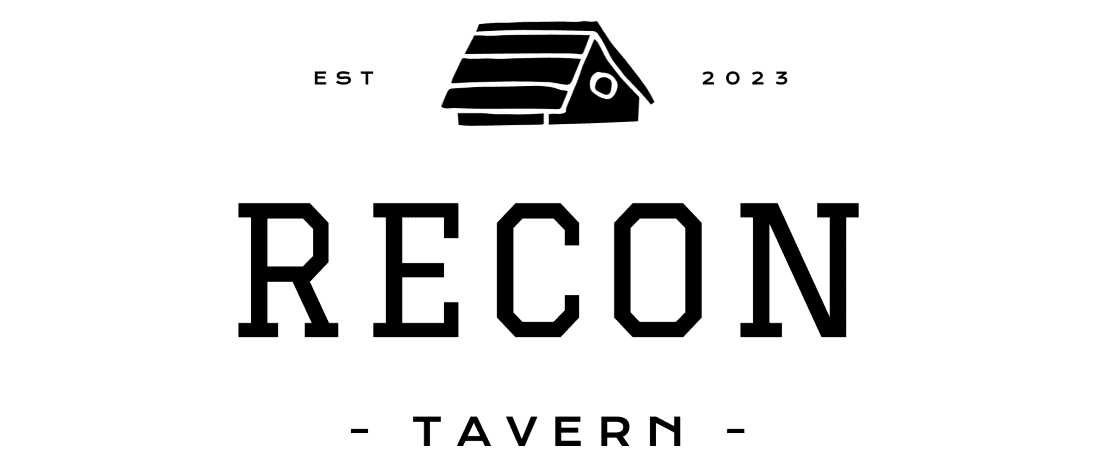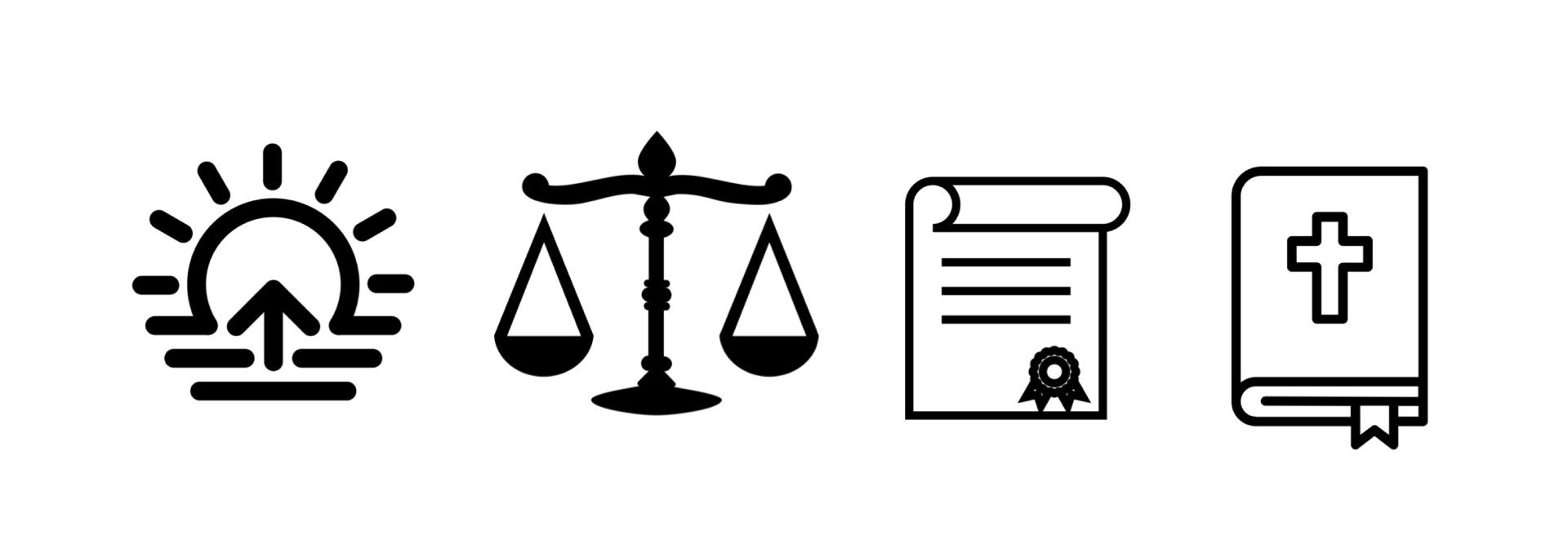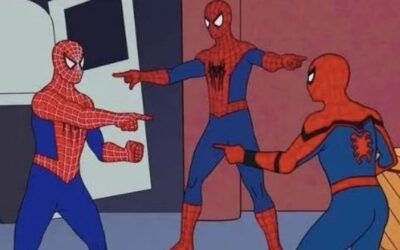For four decades starting in the 1920’s it was common practice in the medical community to perform radiation on the thymus glands of certain children because they thought that an “enlarged” thymus caused SIDS. If you didn’t go along with the procedure you were thought to be an irresponsible parent. It was arrogance after all, to ignore the experts. Did you go to medical school? Where were your certifications? Your degrees? You’re just a parent what do you know? The procedure saved no one from SIDS. Many thousands died from thyroid cancer and breast cancer before they realized they were wrong.
Whether it be health, foreign policy, homeschooling, vaccination, guns, welfare, counseling, theology, or economics, professional arrogance is a systemic problem with disastrous consequences. It can happen in any domain, especially where there are perceived “experts” with a laundry list of institutionally issued degrees and certifications attached to their resumes. Think of it even in the context of policing for example:
An unarmed man has been shot in the back as he’s running away from police. You see the full video of the entire encounter and you call for accountability, or even just an independent investigation. You’re told with inestimable snark, “I’m sorry, I didn’t know you were a criminal justice major, a ballistics expert, an attorney, or a forensic scientist. How many years have you been on the force? What is your experience in patrolling high-crime neighborhoods?
No matter how well informed one is on a well-rounded and systematic basis, no matter the breadth of knowledge one has from real world experience with human behavior, no matter the timeless biblical wisdom that is wielded and applied, you will still hear the refrain:
“It’s amazing, I didn’t know there were so many (insert credentialed expert xyz) on Facebook.”
Or the more direct, slightly less acerbic, but just as pretentious:
“Interesting points, please supply your listed of certifications, credentials, degrees, and number of peer reviewed journals that you’ve completed on this subject.”
It doesn’t matter what the issue is, the certification hall monitor will show up, hike up his or her pants, and rain down their fury upon you. There’s a greater than 50% chance that when this happens, they’ll mention the “Dunning-Kruger” effect.
Most of us have heard heard of the Dunning-Kruger effect, to the point where social cognizance of the term seems ubiquitous. For the unwashed simpletons who haven’t yet been privied to the term, it’s the notion that people with lower ability at a given task or in a given field actually end up overestimating their own capabilities, and that people with a high degree of ability tend to underestimate their own capabilities.
To be sure, the danger of the Dunning-Kruger dunce is legitimate, and the warnings about folly in this regard should be heeded. It’s also true that as Adam Smith articulated in The Wealth of Nations, specialization in terms of division of labor in production, for example, is crucial to any flourishing economy. On top of that, certifications are very useful as a sort of shortcut to convey trustworthiness. To the extent that such credentials are not hindered by coercive interference and distortion of the value of that certification, they can be very useful.
But even setting aside the natural conflicts of interest that arise in any field of expertise, being a true expert on a subject means understanding a very tiny system to a very high degree. What often gets lost is that those systems exist alongside multitudes of other co-dependent systems, often completely off the radar of the expert in any given mini-system. Somewhere out there, there’s a software engineer still bitter at Steve Jobs thinking he was an interloping moron with irrelevant opinions on computing technology because he didn’t code at Apple. He was a “big picture” guy.
Just how conscious are we of the inverse problem to the Dunning-Kruger effect? The arrogant, turf-protecting monomath who bungles everything up because he or she doesn’t understand how their theories will impact a world outside of their silo, their echo chamber, their tiny corner of the world. A world where understanding of how the broader ramifications of any action may manifest itself differently in an ecosystem of interrelated variables.
I find that in our modern society, the over-confident, jack-of-all-trades, ignoramous wields no less systemic authority and power than the over-exuberant, monomathic, PhD ignoramous. Add to the mix, this latter kind of ignoramus frequently comes served with a side dish of god-complex, a second-helping of financial conflict of interest, and the courtship of protectionary statist regulation for dessert. Those ivy-league college debts are hard to pay off, after all. When being an insufferable, pretentious jerk to people on the internet doesn’t sufficiently insulate them from the thoughtful opinions of the hoi polloi, the market for their esteemed position and high paying jobs must also be coercively protected by rent-seeking practices and control of regulative agencies. In similar fashion to the historical fall of the guilds, productivity, innovation, and true expertise would likely thrust ahead when the facades of these monomathic bouncy-castles crumble.
But for all the damage the arrogant monomaths inflict, there seems to be a severe imbalance in terms of how much we as a society are collectively conscious of their danger in common discourse, especially from what I observe on social media. Everyone’s heard of Dunning-Kruger but who has heard of Tetlock?
Phillip Tetlock is an expert (forgive the irony) in how wrong experts can be across an array of professions and arenas. He understands the problem of pseudo-experts but also understands the problem of arrogant “actual-experts” who make a mess of everything. After a long term, twenty-year study following 284 experts, making over 80,000 forecasts according to their field of expertise, he found that the predictions made by “the experts” were no more accurate than what the New Yorker called “dart throwing monkeys.”
Even further, according to this Time article,
University of Pennsylvania professor Philip Tetlock has shown that nonexperts typically make better predictions than subject matter experts in a variety of domains—they are better able to draw upon an eclectic array of perspectives to solve complex problems.
It goes on:
It is this multidimensional complexity of modern day problems that diminishes the salience of singular expertise. Contemporary challenges like income inequality, climate change, healthcare access and policing strategy cannot be solved by narrow technical specialists, each swimming in their own lanes. To meet these challenges, specialist expertise is often necessary but certainly not sufficient.
Tetlock is quoted as concluding;
“In this age of academic hyperspecialization, there is no reason for supposing that contributors to top journals—distinguished political scientists, area study specialists, economists, and so on—are any better than journalists or attentive readers of the New York Times in ‘reading’ emerging situations.”
The folly of the specialist experts extends of course to the world of health and medicine. This is a world where a Johns Hopkins study suggests that the third leading cause of death in America is medical error. Let me repeat. The third leading cause of death. In the wake of the failure of the models of Professor Neil Ferguson who’s opining so influenced the worldwide response to COVID (now admitting that yes, his predictions were off), it is all the more pertinent that this folly be recognized.
Bloodletting, Lobotomies, thalidomide, the war on dietary fat, Vioxx, smoking, the food pyramid, daily aspirin, no peanut butter for babies, etc… historical instances of the overturned consensus of experts in the medical field are legion. But expert/specialist problems are also endemic in terms of the systemic problems that exist in healthcare, especially modern Western medicine. As this piece in the Atlantic outlines, the effect that specialization has had on the quality of medical care that patients with multiple co-morbidities experience is significant.
These patients, said to have multimorbidity, see a different specialist acting in isolation for each condition. Additionally, because clinical care guidelines and randomly controlled research trials typically focus on patients with only one disease to avoid confounding variables, specialists rarely know how treatment they administer interacts with other concurrent treatments. This fragmentation results in frequent adverse reactions to drug combinations, redundant or ineffective care, and overall poor health outcomes.
Many times, someone who perceives themselves as an expert because of their actual expertise in one area begins to experience “expert creep” whereby they begin to regard their expertise more expansively, as documented in this study resulting in many thousands of deaths every year.
Dr. Srivastava lays it out even more starkly in this piece in the Guardian. Our focus on specialization and siloed expertise (and the turf wars that go along with it) has evolved so far that we no longer have the ability to service the whole patient.
…why is it that the modern physician prefers to manage just one organ and a surgeon wants to operate on one type of bone? Why is it that the narrower the specialty the greater the prestige when the average patient with multiple chronic conditions desperately needs someone to heed the big picture? And what happens to all those nurses, residents and trainees who find themselves caught on the horns of a dilemma – whether to blindly follow a subspecialist’s lead and treat the organ in isolation or listen to their instincts and care for the human being? I am afraid it has become increasingly challenging to do the latter.
At the end of the day, it is the patient who suffers from lack of quality medical care, and then, in the midst of all of this, specialists within the system sit back and turn up their noses at regular people who look for better wholistic care in alternative medicine. Like anyone who would not want to be a part of this again, even after a horror-story experience is some kind of whacko-idiot.
Specialists are good and necessary, but we have come to the point in time where overspecialization, especially paired with a willingness to enact coercion based on the credentials that buttress the specialization, is a problem. When the perspective of a systematic thinker who is a non-expert is preemptively dismissed on a given issue for not having specialized credentials, you know you’re dealing with a potential Tetlock effect victim. We now face the opposite problem; we are lacking for well-informed, systematic thinkers. With the rise of radical two-kingdoms theology, which tends to scold pastors for commenting on medicine, foreign policy, economics or anything deemed “outside their lane,” the church is not immune from these problems.
According to Indian philosopher and theologian Vishal Mangalwadi’s biography on William Carey, Carey was a botanist, industrialist, theologian, missionary, educator, medical humanitarian, and moral reformer. According to Mangalwadi, Carey “did more for the transformation of the Indian subcontinent in the nineteenth and twentieth centuries than any other individual before or since.”
Pastors should take great care when they wade through varying subjects to ensure they are not being reckless or speaking in ignorance. They should not require of themselves that they be “experts” in every single topic.
But the pendulum has swung too far the other way. Now, many pastors seem to bask in the safety of the false comfort that they need not bother themselves with, that is, doing the difficult work of research in matters of complexity. Can you imagine right now how many modern seminarians might be chastising the next William Carey for not staying in his lane and sticking to what he knows, the ministerial and sacramental duties of the clergy?
So the call to the Church is to dive into the problems we face in this world with both feet, with great care, and with great humility. If you are a certified expert on a given subject, don’t seek to artificially insulate yourself from criticism from those outside your field because they don’t have the same certifications as you do. For the “big thinkers” out there, don’t go around making confident assertions when you haven’t put in the work, but also don’t let the snapping-silo-trolls deter you if you have put in the work. When the trolls ask you about the Dunning-Kruger effect, ask them if they’ve heard of the Tetlock effect.





Very good. Both English and Chinese gentlemen were expected to be generalists and their cultures benefited from that. “Comb” theory encourages people to analyse whether, and to what degree, they are “wide” or “deep” in their knowledge. I teach my children that (perhaps sad to say) that you must have at least one “deep” i.e specialised skill but that it becomes a person to in addition to having that skill (usually for practical and commercial purposes ( which are not bad), they should in addition have wider knowledge and skills in order to be rounded and to have proper perspective. I think people with a lot of credentials (and I am one) should be humble enough to explain what they know to those who have studied in other fields, and I appreciate that when people who know more than me in a field explain their knowledge to me. It can never be a case of “just believe me, I have the degree”, it must always be, “well then, if you know, explain it to us mere mortals” (an online video would do.) I remember there was a guy on a group long ago that Mr Stephen Perks may (allegedly) have referred to as Theonomy- Hell. In that group, there was some theologian that tended to take the view that we must believe him because he says it is true on the basis of his qualifications (this is not going to work with our kind of people.) Specialty has its value but it has gone too far in our society. There is both commercial and intellectual opportunity in seeing that now: the action is in the interaction.
Indeed, it used to be far more common to herald “renaissance men”, those who excelled at many different disciplines. To the extent they did so, each individual discipline was helped as well. Thanks for this perspective Douglas.